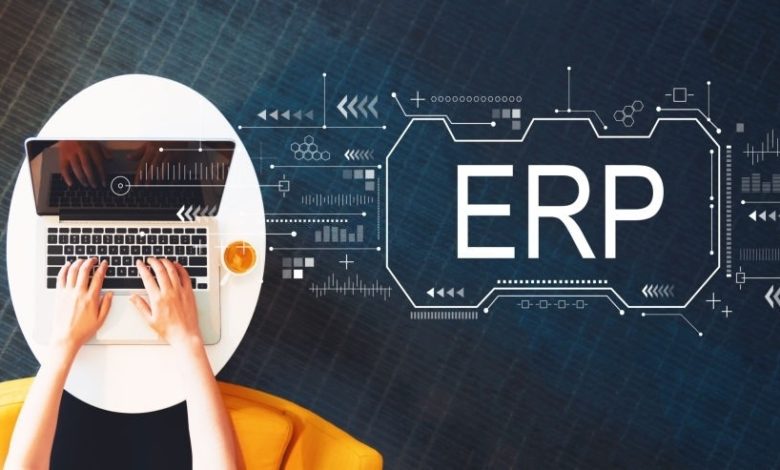Upcoming ERP Trends Redefining Businesses in 2022



Enterprise Resource Planning (ERP) solutions have come a long way, and today they have expanded their competencies to support many different types of business processes. An average ERP software of today can help every business process associated with human resources, sales, purchases, accounting, manufacturing, accounting, eCommerce, market automation, and much more.
These enhanced competencies that come with ERP integration have further increased the reliance of organizations on these systems. As we know, ERP systems are constantly evolving and getting better by leveraging new technologies to make the business even more straightforward. This makes it imperative to keep up with all the latest ERP trends to ensure that we do not miss anything. Hence below, we have outlined some of the most notable ERP trends transforming businesses in 2022.
- Two-Tier ERP: Conventionally, most organizations deploy a single ERP system for subsidiaries and the primary headquarters. However, this is an expensive approach that can result in complicating the ERP implementation process even further. Consequently, the two-tier ERP strategy seems to be picking up pace.
This strategy enables organizations to leverage their existing investment in tier-one ERP systems at the corporate while leveraging a different cloud-based ERP solution for the divisions and subsidiaries within the organization. This helps organizations save on cost while making it far simpler to implement ERP systems for the subsidiaries.
- Cloud-Based Solutions Are Becoming The Preference Of The Masses: Anyone following the development in ERP solutions will notice a trend where everyone is shifting towards cloud-based solutions. This shift is further accelerated by the implications of the recent pandemic that made it imperative for everyone to work from remote locations.
Cloud-based solutions have certainly been a boon for most organizations in this situation, as it would be very challenging to facilitate seamless access to data or effective collaboration. Additionally, this helps organizations enjoy more flexibility along with a significant cost reduction.
- Hastened Digital Transformation: The pandemic has made organizations understand the significance of an appropriate digitized environment. Hence businesses are digitizing everything they can to boost efficiency as well as the productivity of employees.
As we know, an ERP system touches almost every area within an organization, so it only makes sense to start with an ERP system. Numerous reports suggest that businesses are leveraging cloud-based ERP systems as a gateway towards digitization. This comprehensive digital transformation includes leveraging artificial intelligence (AI), machine learning, augmented analytics, and even IoT.
- Custom ERP Solutions: One of the most notable ERP trends of 2022 is that most ERP vendors provide their customers with customized ERP solutions. These tailored solutions are specifically designed to suit an organization’s unique requirements and the business as a whole. The main reason driving this customization is that not all ERP solutions are suited for all industries.
Therefore, ERP vendors are stepping up and doing their best to deliver effectively customized ERP solutions that will cater to every industry-specific requirement. This trend has benefited businesses immensely as organizations can now access data relevant to their business and industry to drive better decision-making.
- Insights And Enhancements Driven By Artificial Intelligence: There is no denying that advanced technologies such as artificial intelligence (AI) and machine learning have revolutionized the way we do business.
These technologies are now being embedded into ERP solutions to help businesses generate quality insights and enhance different business processes within the organization. Even though organizations could earlier add AI to their ERP system, recent trends show that almost all ERP systems come with built-in artificial intelligence.
- Data Analytics: Up until now, businesses have failed to recognize the potential of data and use the same to their advantage. However, things are changing now, and as more and more companies get access to ControlERP solutions, they have begun to use data to the advantage of the business.
Both employees and the business can connect their ERP systems with different devices located at various locations and access valuable analytics. These predictions and analytics help companies drive augmented decision-making for ensuring better growth.
Final Thoughts
Times are changing, and so are businesses, so ERP trends are no longer limited to large-scale organizations. Today companies from different industries with varied scales of operations are leveraging the ERP competencies for good. Therefore, keep this trend in mind and ensure optimum utilization of ERP solutions in organizations.



